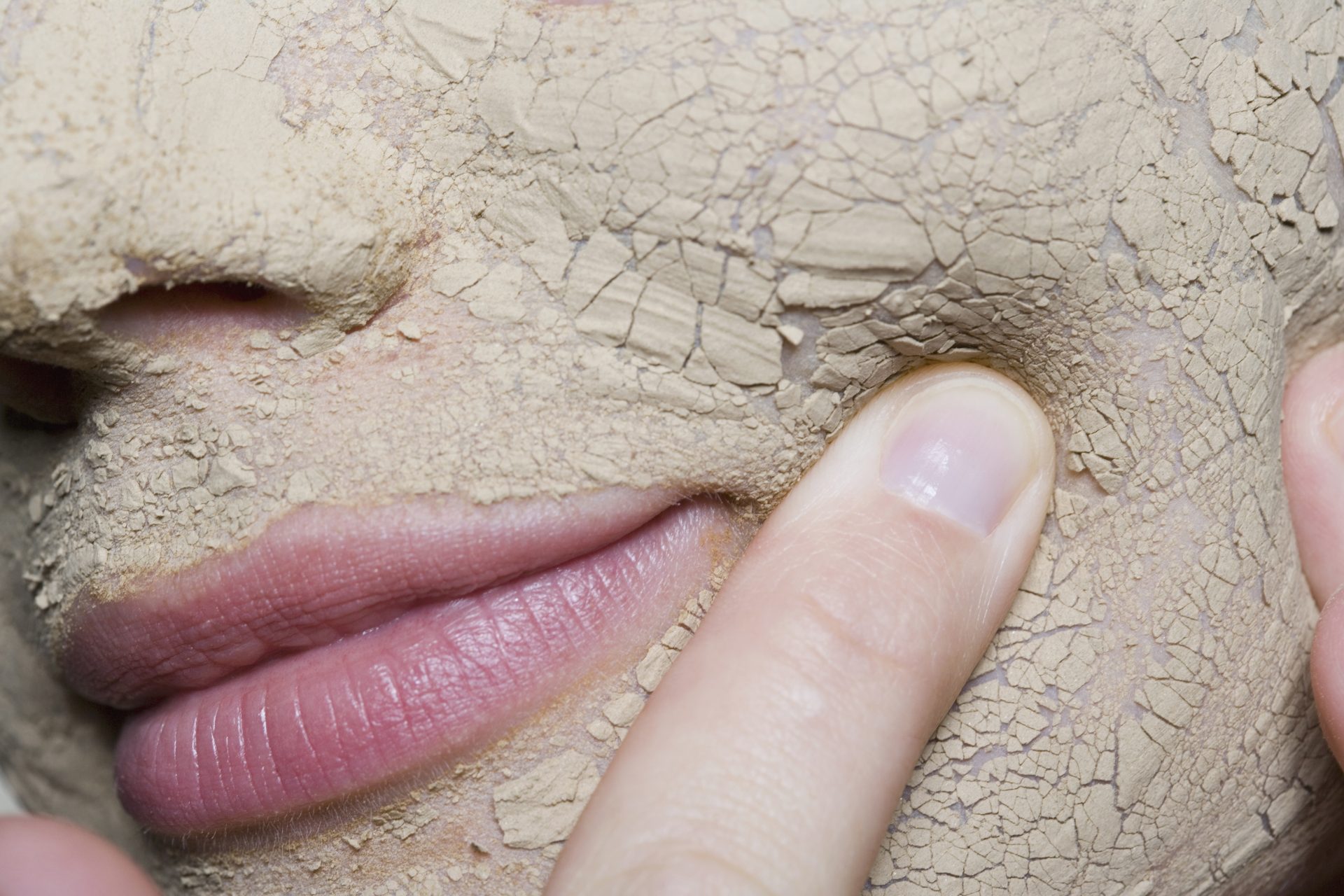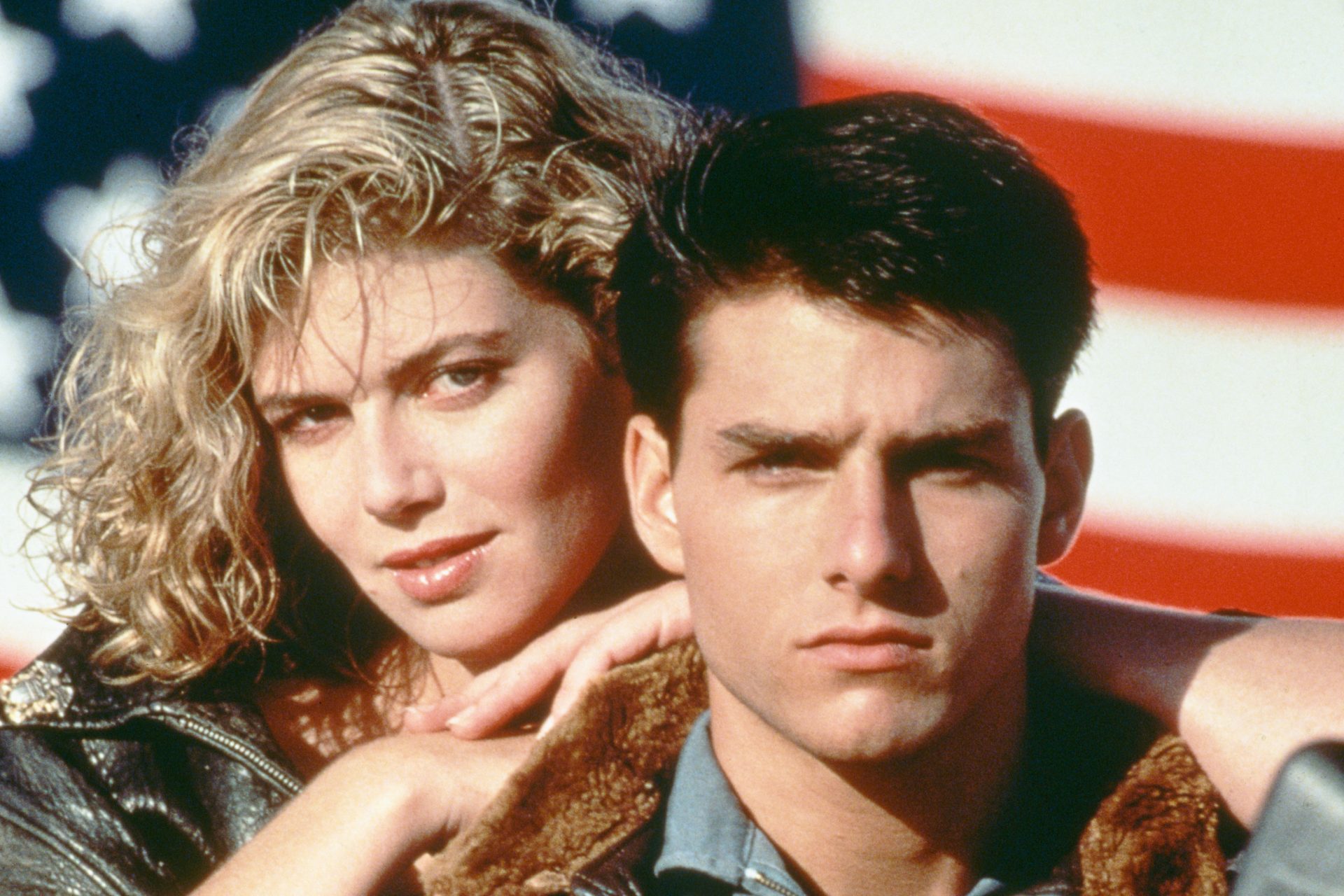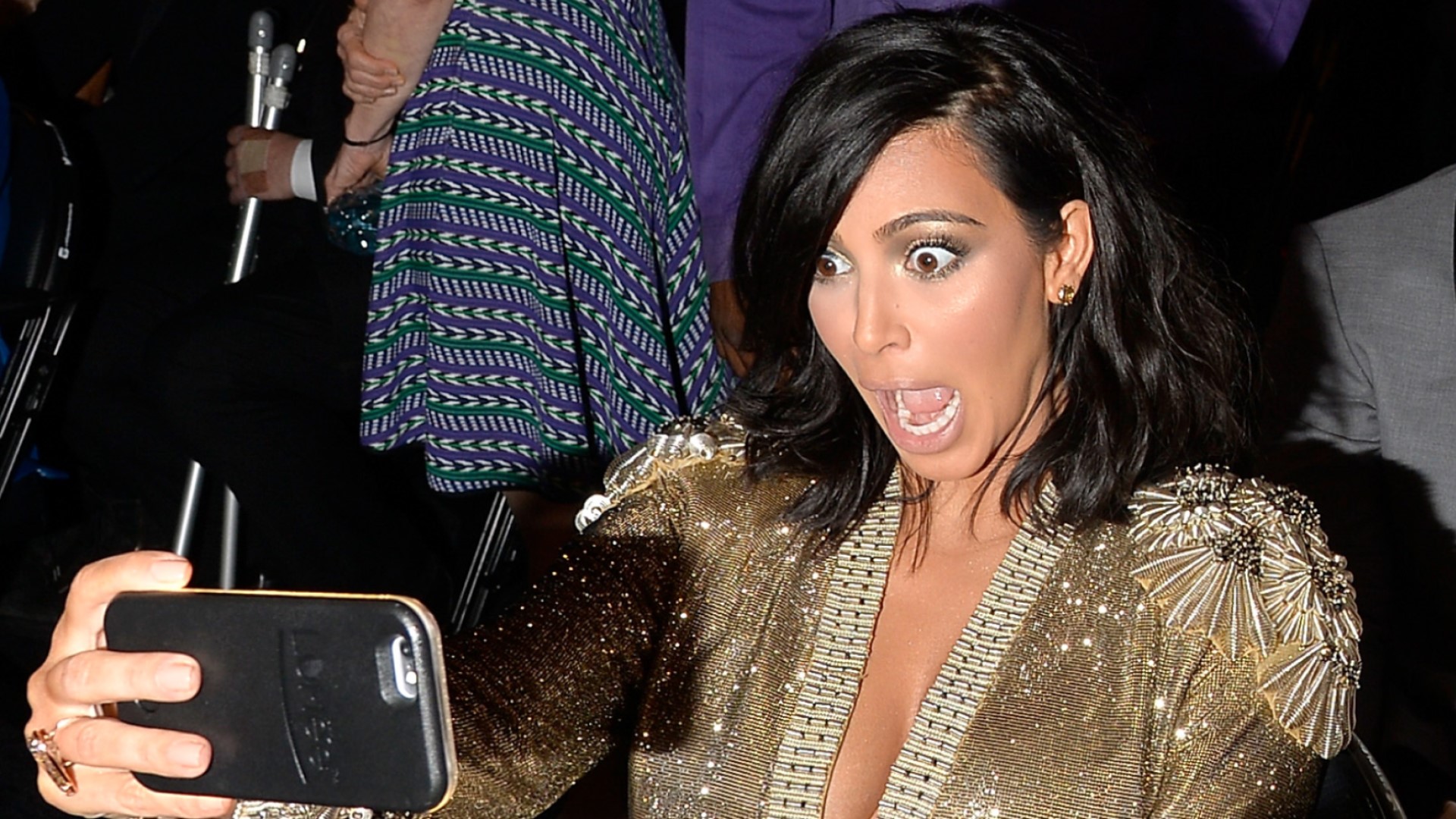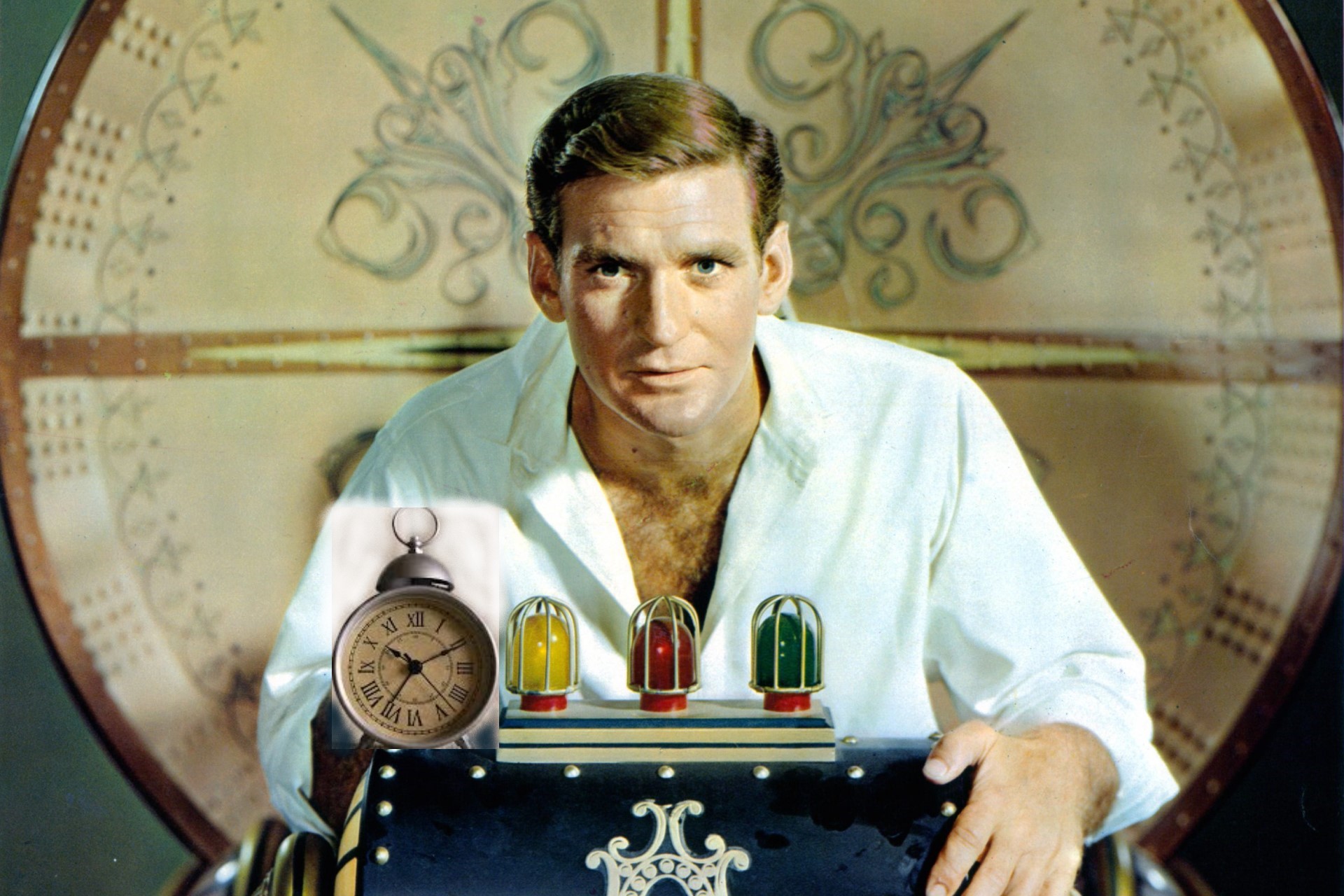How to deal with acne: Good and bad tips from the stars
Acne ranks among the top dermatological concerns, and its emotional impact can't be understated. While it predominantly emerges during teenage years, its prevalence in adults is on the rise, especially among women, with around 15% affected. The American Academy of Dermatology (AAD) notes that approximately 85% of Americans will encounter acne at some stage in their lives.
For each type of acne, there's often a purported remedy – be it a product, treatment, lifestyle change, or so-called "natural cure." Celebrities, beauty publications, and various other channels promote an array of solutions. Yet, many of these suggestions contradict established scientific understanding.
Acne can affect self-esteem and people are willing to spend what they can to get clear skin. The global acne treatment market size was worth $9.4 billion and poised to grow 6.73% until 2030, when it’s expected to be worth $16.9 billion.
Trusting an unproven product sold as the latest miracle acne cure can have major drawbacks. Not only may it draw out the length of time you’re dealing with zits, which can be damaging to mental health, but the risk of permanent scarring of the skin increases with the severity and duration of acne.
The famous actress told The Cut she never had a breakout after cutting out dairy and eggs from her diet. While there is a little bit of evidence that dairy, skim milk in particular, can influence acne, the American Academy of Dermatology (AAD) does not recommend any specific dietary changes to fight acne. It says the evidence is still very weak.
The former Spice Girl has long battled acne but told Net-A-Porter magazine that a dermatologist told her to eat salmon every single day. While salmon is packed with omega-3 fatty acids, which are healthy, there isn’t enough scientific evidence to recommend any specific food as the magic cure for acne.
Dermatologists went nuts when the model shared that she puts toothpaste on pimples at night. “Absolutely not! Keep your toothpaste for your teeth and rely on clinically proven acne-fighting ingredients like adapalene, benzoyl peroxide, and salicylic acid to treat your adult acne,” said says Julie Harper, MD.
UK and American dermatology guidelines generally agree about the first-line treatment options for bothersome acne. Each has its own pros and cons, and they tend to have strong effects when used in combination. But most of these products are generally a lot more affordable, effective, and easy to follow than buzz miracle cures touted by the rich and famous. Here is what the UK’s National Institute for Health and Care Excellence (NICE) says.
These are two generally active ingredients that can be used to treat any severity of acne. Depending on where you live, they can be bought without a prescription. The drawbacks are that adapalene, a retinoid, can cause some initial skin discomfort and is not recommended during pregnancy. Benzoyl peroxide is generally safe but can bleach clothes or hair. Benzoyl peroxide is applied in the morning, while adapalene (Differin) can go on at night.
Image: Differinus/ Instagram
Tretinoin is another retinoid, so it can also involve an adjustment period, increase the need for wearing sunscreen, and is not recommended during pregnancy. Unlike adapalene, it doesn’t mix well with benzoyl peroxide. Clindamycin is an antibiotic that fights the acne bacteria.
Image: @bellathorne / Twitter
The celebrity has been open about her acne battle, saying that the strongest treatment on the market — Accutane, which cures acne for 85% of the population — didn’t work for her. She did say the antibacterial gel clindamycin was a big help, however.
If you want to avoid retinoids and don’t have extremely severe acne, this is another active ingredient combo proven to work in milder cases.
All of these ingredients are also effective on their own, especially in treating milder cases of acne. If your skin is sensitive or the other ingredients don’t work for you, it’s also an option to just introduce one at a time.
The singer said that, after spending thousands of dollars on the latest trends, she found that Proactiv, which has the active ingredient of benzoyl peroxide, has been the best thing she’s ever used. She was a spokesperson for the product, but she said that even after the contract finished, she continued to use it.
Many studies have also found salicylic acid to be a well-tolerated and effective acne-fighting tool. However, one large retrospective study found that benzoyl peroxide was significantly more effective (a 57% reduction of blackheads and whiteheads versus a 21% reduction). However, the benzoyl peroxide did cause more dryness.
If you opt for any of the first-line treatments, it’s important to use them properly. First of all, don’t just put the products on your pimples, but instead, spread them around your entire face (or all acne-prone areas) to prevent the next breakout.
Retinoids can be a lot for the skin to handle. There’s even a phase called the “retinoid uglies” where your skin gets worse before it gets better. For that reason, sometimes, it’s best to ease into ingredients, using them once every two days in the beginning.
No treatment will magically erase your pimples in a day, week, or even month. Dermatologists say you can expect to see fewer breakouts after four to eight weeks. But your skin won’t really begin to clear for 16 weeks after starting those treatments, so you need to give them time.
Although it's great to see a dermatologist from the beginning, and some of the first-line therapies also need a prescription, if they still aren’t working after four months, you may want to consider a more potent treatment.
For severe cases of acne, the UK guidelines recommend prescribing oral antibiotics in combination with topical treatments. The antibiotics are lymecycline or doxycycline. Their major drawback is that they disrupt your other microbiome and risk your antibiotic resistance.
When other treatments fail, isotretinoin can be an option that results in the prolonged or permanent clearance of acne. Using this without a doctor’s supervision puts you at serious risk, as it may cause mental health and physical side effects, and patients using it must pledge not to get pregnant while using it because it can cause serious birth defects. Chloë Grace Moretz said it was the only thing that finally worked for her.
This applies to everyone, but acne sufferers should wash their faces twice (and only twice!) daily with a gentle cleanser. The UK guidelines recommend a ph-neutral synthetic detergent. Scrubbing hard, cleaning more, or using tools may be tempting, but they can irritate your skin and make acne worse.
Image: The Best of 2022’s Celebrity Skin-Care Secrets, Vogue Youtube
Speaking to Elle, the actress said her beauty rules involve never going to bed with makeup on and cleaning her makeup brushes. Those are two pieces of advice that the American Academy of Dermatology also offers.
Haircare can be related to skincare if you have acne. While there is no need to overuse shampoo, keeping your scalp clean can prevent oil from clogging your pores.
Be patient and don’t overuse new treatments. Introducing a new product every week can dry out your skin and be confusing as to what’s working. Switching products all the time doesn’t give your skin time to react.
When choosing makeup or other products like sunscreen or cleansers, avoid anything with alcohol or other ingredients that can dry out your skin. On the flip side, look for things that are oil-free and non-comedogenic, which means they won’t clog pores.
You’ll want to apply an oil-free, non-comedogenic moisturizer twice a day to keep your skin nice and moist. If it gets dried out, that can increase the chances of irritation which can pave the way to breakouts.
Image: The Best of 2022’s Celebrity Skin-Care Secrets, Vogue Youtube
Yes, Dr. Pimple Popper can do it, but at home, pimple picking and popping is not a good idea! It can lead to scarring, make pimples last longer, and lead to dark spots.
While evidence for this treatment is more limited, Meghan Markle’s natural “cure-all” has been shown to be effective and well-tolerated for acne in small studies. However, it’s definitely not at the top of dermatologists’ lists for treating acne.
Again, researchers say that more clinical studies are needed to confirm the effects of this treatment. However, blue light therapy has shown promise for treating acne. One study found it’s not as effective as just benzoyl peroxide and only worked on inflammatory lesions, but given that it has minimal side effects, it is an exciting alternative to traditional treatments.
Follow Showbizz Daily to stay informed and enjoy more content!









































